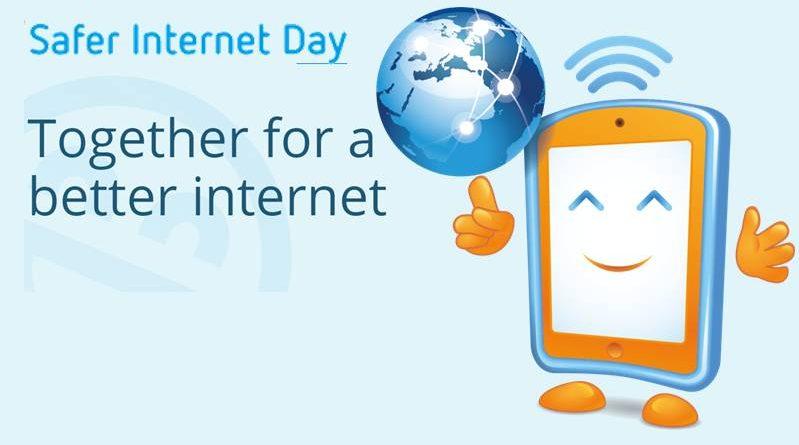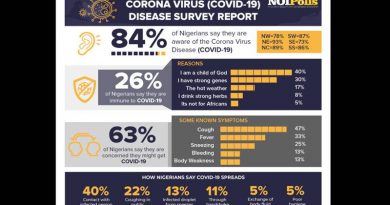Safer Internet Day 2021: “Together for a better internet”
On Tuesday, 9 February 2021, the World celebrated the 18th edition of Safer Internet Day with actions taking place right across the globe. With a theme once again of “Together for a better internet”, the day called upon all stakeholders to join together to make the internet a safer and better place for all, and especially for children and young people.
Over the years, Safer Internet Day has become a landmark event in the online safety calendar. Starting as an initiative of the EU SafeBorders project in 2004 and taken up by the Insafe network as one of its earliest actions in 2005, Safer Internet Day has grown beyond its traditional geographic zone and is now celebrated in approximately 170 countries worldwide.
From cyberbullying to social networking to digital identity, each year Safer Internet Day aims to raise awareness of emerging online issues and current concerns.
Safer Internet Centres and Safer Internet Day Committees
Insafe is a European network of Safer Internet Centres (SICs). Every national Centre implements awareness and educational campaigns, runs a helpline, and works closely with youth to ensure an evidence-based, multi-stakeholder approach to creating a better internet.
However, Safer Internet Day is also celebrated outside Europe. In 2009, the concept of Safer Internet Day Committees was introduced, to strengthen the bonds with countries outside the network and invest in a harmonised promotion of the campaign across the world. More than 100 global SID Committees (and those working towards SID Committee status) now work closely with the Safer Internet Day Coordination Team, which is based at the heart of the European Union in Brussels. If there is not yet a SID Committee in your country, but you would be interested in forming one, please get in touch.
Nigeria Safer Internet Day Committee is the International Centre for Leadership Development Nigeria.
The International Center for Leadership Development Nigeria (ICLDNG), in the last few years, has been at the forefront in advocacy for safer internet usage and working against cybercrime among Nigerian youth. With about 60 per cent of Nigeria’s total population being youth, and mobile penetration in the country being at around 40 per cent, mobile devices are fast bridging the internet accessibility gap among youth in the country. The ever-growing population of youth who, for too long, has been neglected by government can now empower themselves using their internet-enabled smartphones. However, for this empowerment to occur, they need proper direction on how to positively use the technologies available to them




